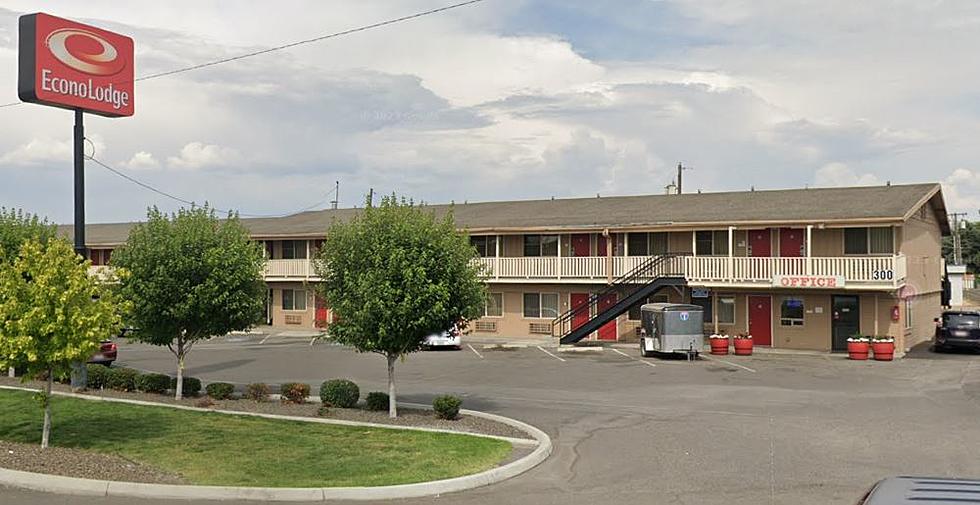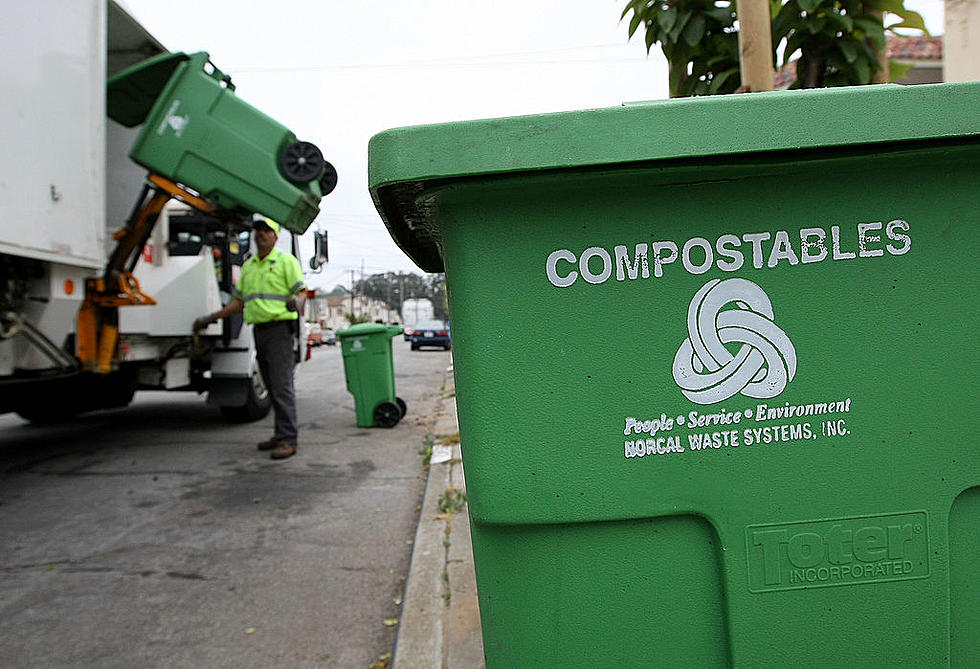
ObamaCare Set to Punish Hospitals for Re-Admitting Medicare Patients
Imagine you're a senior citizen with Medicare and you are pretty sick. You go to the doctor and are treated. But if you come back within a month, ObamaCare is going to punish your hospital.One of the provisions of Obama's medical bill would decrease reimbursements for Medicare patients by 1 percent starting this fall -- and climb to 3 percent by 2014. According to government figures, one-in-five Medicare patients are re-admitted to hospitals within 30 days, allegedly costing taxpayers over $17 billion. Over 2,100 hospitals will be facing these "punishments" starting in fall. Re-admit too many Medicare patients and we they start chopping your reimbursements -- never mind that many facilities are required to admit such patients in the first place!
Officials at Vanderbilt University Medical Center say that such patients with higher re-admission rates have lower mortality rates. Read this excerpt from Fox News:
"Among patients with heart failure, hospitals that have higher readmission rates actually have lower mortality rates," said Sunil Kripalani, MD, a professor with Vanderbilt University Medical Center who studies hospital re-admissions. "So, which would we rather have -- a hospital re-admission or a death?"
Re-read that last quote from Dr. Kripalani a few times. Remember when Sarah Palin and other conservative leaders warned that ObamaCare could lead to "death panels?" While we will not likely have a row of government officials sitting across a table pronouncing death sentences on elderly Americans, such penalties and reductions for re-admitting legitimately ill seniors could be all but a death sentence. Here's more from Fox News:
The penalties are intended to create financial incentives for the quality of care hospitals provide, instead of the number of procedures. But physicians debate whether readmission rates are the best measure of outcomes.
Kripalani and some other physicians are concerned that re-admissions-based penalties may have a disproportionate effect on research hospitals because they handle large numbers of complex cases.
"Often these kinds of institutions take care of the most sick patients," Kripalani said. "They're sent patients by other hospitals because of specific expertise they have. So, perhaps it shouldn't be surprising that some of the nation's best hospitals do have slightly higher readmission rates compared to other hospitals."
Note the bolded line: "designed to create financial incentives." ObamaCare is full of such-disguised doublespeak. Federal officials are trying to mask penalties and restrictions as if they were "incentives" or goals for medical facilities and the health-care industry. They might as well come right out and tell Americans, "Do as we tell you or you will be punished." And this is on top of the billions the Obama Administration raided from Medicare to fund the rest of its health care plan.
What is going to happen is pretty clear to us citizens: hospitals faced with reduced reimbursements, will be pretty much forced to reduce the care offered to Medicare recipients.
Regardless of your feelings about the costs of medical care, health-care facilities do have to pay for care somehow; they can't stay in business for free. Do a Google search on the number of hospitals that have gone under in California in the last decade because they kept having to provide "un-reimbursed" care to patients (largely illegal aliens). Because they were not getting money back, they sank under the debt.
For some reason, we feel like listening to the epic Beatles song, "Taxman." It has never rung more true than now.
More From 870 AM KFLD









